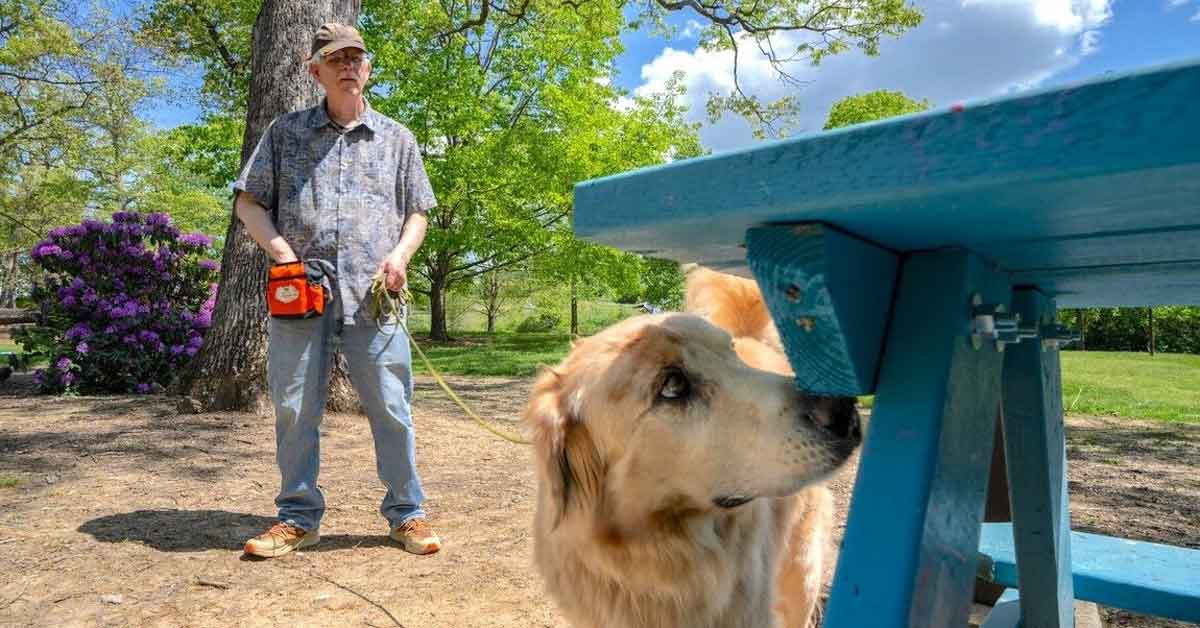This story is part of the SoJo Exchange from the Solutions Journalism Network, a nonprofit organization dedicated to rigorous reporting about responses to social problems. It was originally published by The Daily Yonder.
Susan Corbett, the founder of Maine’s National Digital Equity Center (NDEC), lives in one of America’s most remote rural regions.
The population density is under 10 people per square mile.
Winters are brutal.
Health care can be hours away.
She knows first-hand how fast her community can tumble without a safety net.
When the pandemic’s shelter-in-place order went into effect in 2020, Corbett and her team witnessed the severe isolation and loneliness of many elderly people in her community.
The Digital Equity Center responded quickly. Working with a philanthropy, they sent out fully loaded tablets with cell connectivity and a Zoom link to people over 70.

“The instructors would use the phone to teach them how to turn on the computer saying, ‘Run your finger up the side of the tablet and press the button it on,’” Corbett said.
“The goal was to get the person to click on the Zoom link. When they did, you can imagine their pure joy when connecting for the first time and seeing the instructor.”
Elaine Abbott was one of Corbett’s instructors. Today she is a community and economic development planner for Sunrise County Economic Council.
“We are dinosaurs,” she said candidly in an interview. “Our infrastructure is so outdated that it is absolutely frightening. The communities throughout our county know that digital equity and infrastructure go hand in hand. We’ve been slow getting started but we are working fast to catch up.”
Since the pandemic, Corbett, Abbott, and others have been working with the region’s Passamaquoddy tribal leaders, broadband consultants, state agencies, and regional boards to assess the region’s needs and develop a broadband coalition strategy providing access to all citizens of Maine, regardless of their zip code.

Last month, National Digital Inclusion Alliance (NDIA) named Maine’s National Digital Equity Center as one of 18 grant recipients from across the country to become part of the nation’s first National Digital Navigator Corps.
In their press release, NDIA stated the grants will go toward hiring community-based digital navigators alongside programmatic and technical support to help thousands of residents gain much-needed access to the internet, devices, and digital skills training.
Corbett sees this as an opportunity to train “boots on the ground” navigators to help her own region while creating a navigator model for the state of Maine, and then raise funds for digital navigators statewide.
As the navigator’s training gets underway, Corbett is partnering with Abbott and others building coalitions across the state to make broadband accessible and affordable.
Chris Waite, a tribal broadband consultant for the Wabanaki Nations/Four Directions Development is part of that coalition.
“Without the pandemic, the financial investment from the government would never have happened,” Waite told me during a conversation about the challenges of getting broadband to remote regions.
“Maine, which is probably one of the most divided states with some of the biggest gaps, is coming together. They’re building fiber networks and going that extra step of creating digital inclusion and literacy from the ground up. Without that, it’s not going to work.”

While broadband is being installed, NDEC’s Washington County navigators will work within over 40 towns, some with populations under 25 people.
“Our plan,” Corbett said, “is to hire two navigators. One will work with older adults through the county. The other will hopefully be a tribal member working with communities on tribal lands.
“Navigators will guide people through the entire digital inclusion process, from assessing the full scope of their home connectivity needs, determining the right devices for their need, and directing them towards resources that are suitable both for their skill level and lifestyle.”
“It’s going to take a lot of listening,” Corbett said. “Mapping the needs of the communities they serve will be the first step. For this program to work, we need to take time and do a lot of listening before deciding the path forward. Both communities need to help us design and build this program so that they have ownership of it. The most important thing to do as we launch this program is to ensure we are understanding what the challenges might be for the community and help find a solution.”
Maine Secretary of State Shenna Bellows applauds this work. Raised in a household without electricity until 1985, she sees the lack of broadband access as an even starker disparity than her lack of electricity.

“In this day and age, where you have so much learning taking place online, where work opportunities for certain sectors require the ability to access the internet, where telehealth was mandated because of limitations and restrictions on people’s ability to reach in person services, whole populations are losing pace with change. Even worse, they’re becoming invisible.”
Digital equity is a fundamental part of social equity, Bellows said.
“We can’t have full social equity until every member of the community, including communities of color and indigenous communities, have digital equity,” she said.
“It’s critical and fundamental that we have broadband infrastructure across the country. The digital navigator corps goes hand-in-hand with infrastructure investment.”





